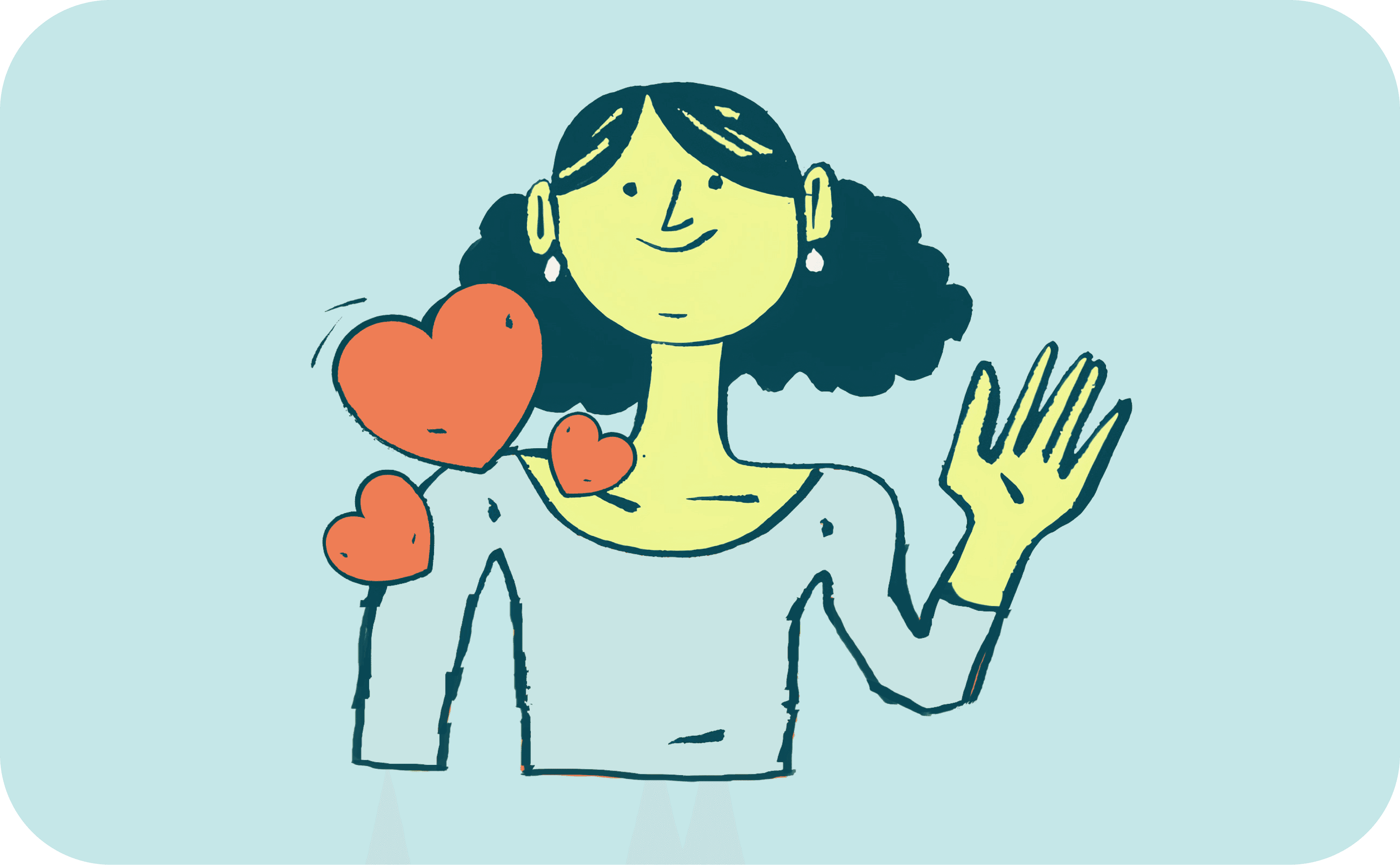
Kindness and its effect on health: Why be kind to yourself and others and how to do it
What is kindness and how does it differ from people-pleasing? Read therapists’ tips on being kind to yourself and others.
It suits you very well. Show me, I'll help you. How are you feeling today? Wow, you did it!
Can even such a small thing improve your whole day? And not only when you receive kind words, but also when you are kind yourself. You smile at someone on the tram, you buy a flower for a friend...
This is no coincidence. Studies show that when we surround ourselves with kindness, we feel good. It has a demonstrable effect on our health – both mental and physical.
How can we develop this quality in ourselves and perhaps even learn to be kinder? And where is the line between kindness and unhealthy people-pleasing? Come and read the advice of psychotherapists.
What is kindness? It is not synonymous with empathy or decency
Although they are related. A kind person is often also very empathetic and polite.
Kindness is a kind and pleasant behavior that you do not expect anything in return. Good deeds, smiles, consideration, generosity, tenderness, sincere interest in others, all fall under kindness. Being kind means being nice, considerate, and welcoming – to others or even to yourself.
Empathy is associated with kindness, as it is the ability to feel the feelings of others as if they were our own.
Politeness is appropriate social behavior that is considerate of others. Kindness goes a step further – it seeks to please, not just not offend.
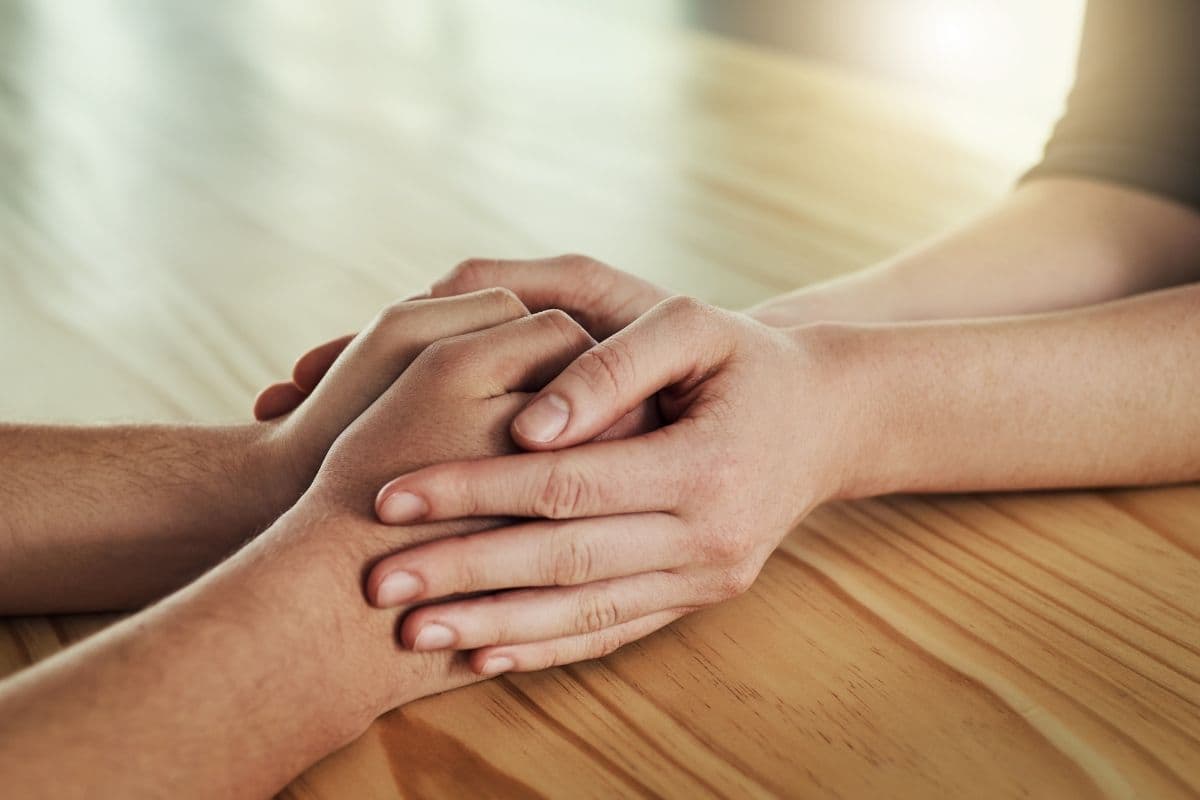
Kindness has a proven effect on mental and physical health
A good deed doesn't have to make the front page of the newspaper to make a difference.
According to many studies, including this Harvard study, even the smallest act of kindness activates important happiness hormones—and these have a direct impact on our health. Whether someone is nice to you or vice versa.
- Oxytocin is a love hormone that is also released when someone is kind to us. It makes us feel connected to people, trust, feel safe and calm.
- Our brain rewards us with dopamine and serotonin for every good deed – that’s why you feel so good when you make someone laugh or give them a nice gift. Happiness hormones make us feel euphoric and calm. And that can even be quite addictive!
When this cocktail of hormones floods our brains, our bodies respond physically. Our nervous system calms down, the stress hormone cortisol decreases, and blood vessels dilate. Even seemingly ordinary acts of kindness contribute to these health benefits:
- promotes longevity,
- lowers blood pressure,
- improves body regeneration,
- helps with inflammation,
- strengthens the immune system,
- increases feelings of happiness and contentment,
- reduces stress and anxiety,
- strengthens relationships
- and improves psychological resilience.
What's more, kindness is highly contagious and can quickly change the atmosphere in a group of people. Those who receive kind gestures are often more likely to pass on the kindness. Even a few kind words can set off a chain reaction.
The opposite of kindness and how to avoid being overwhelmed by negativity
The opposite of kindness is cruelty, ruthlessness, stinginess, or indifference.
You may feel like this behavior is on the rise lately, crowding out kindness. Social media has a big part to play in making cruelty more visible. But that doesn't mean it's taking over.
Don't let it consume you. If you are highly sensitive and it bothers you, here are some tips on how to work with sensitivity and not let it overwhelm you. And if you ever feel sad about cruelty to nature, our article on climate grief will also help you.
Don't worry: kindness will never disappear from the world. You just have to look in the right places. For example, try watching a nice documentary instead of reading Facebook comments. Or come and contribute to spreading kindness yourself. We have tips for you on how to do it.
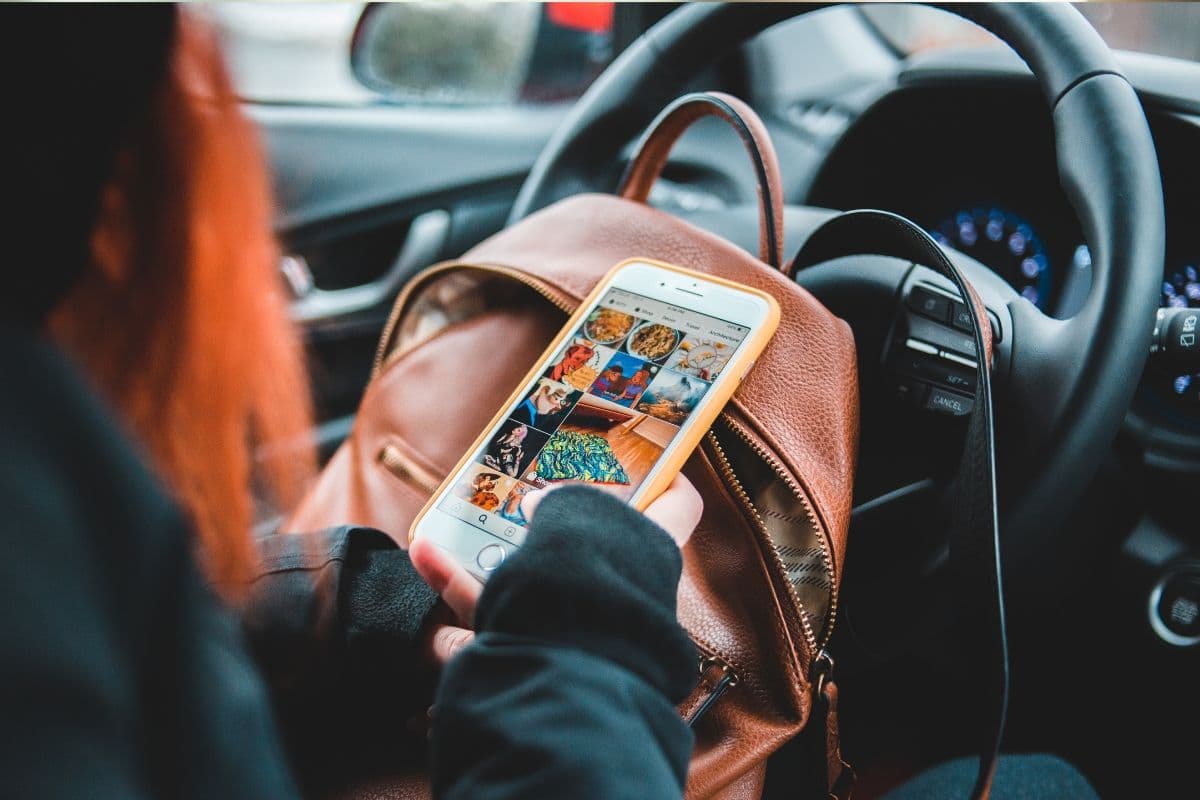
How to be kind: 9 tips from psychotherapists on how to spread kindness
Did you know that kindness is a skill and can be practiced? You don't have to immediately donate half your paycheck to charity. Even a small act can make the world a better place. Here are therapists' tips on how to make kindness a habit and incorporate it into your life.
1. Try saying nice thoughts out loud more often
Wow, my colleague has a nice sweater. Wow, this presentation was really good. Yum, that food is really delicious.
You’ll definitely have a few kind thoughts like that during the day. But how many of them just stay in your head? Try saying them out loud more often – when it occurs to you that you really like someone, tell them “I love you”. If you like someone’s outfit, compliment them. Even little things like that can really lift your spirits!
2. Try to listen with sincere interest
Kindness is not just about words or actions, but also about interest and attention. When someone tells you something, shows you a funny video, or confides in you about a difficult experience, try to really listen and put yourself in their shoes.
Put down the phone, ask questions, offer a hug, or ask if there is anything you can do to support the other person. Try to avoid jumping in or turning the situation on yourself—you don’t have to immediately come up with your own story that happened to you too.
3. Practice empathy
You may feel that sometimes you don't understand what others are thinking or feeling. Empathy can also be trained. The most helpful thing is to imagine how you would feel in a similar situation. And if this idea "doesn't do anything" for you, it doesn't mean that you are not empathetic. We all have different experiences, values, and sensitivities. What is important is a sincere interest in understanding the other person, not how much it affects you emotionally.
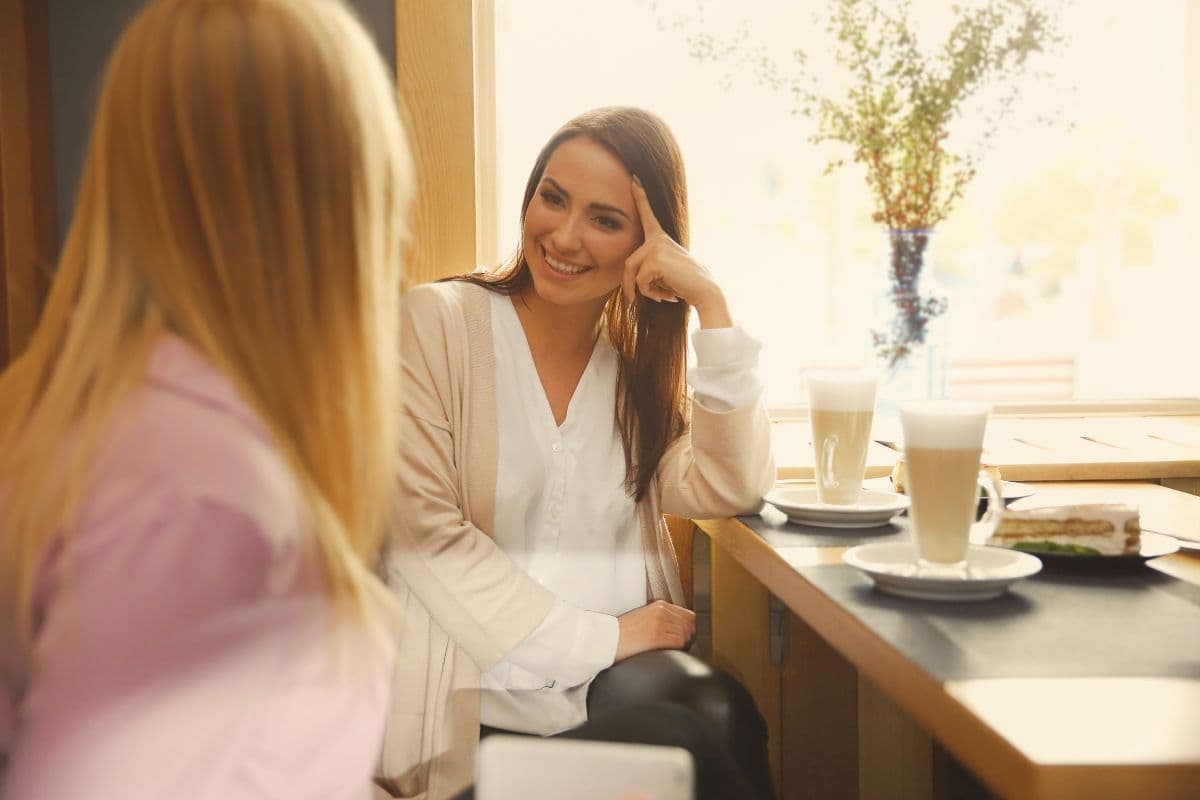
4. Focus on your emotions too
If you struggle with empathy and have difficulty understanding emotions, try focusing on your own first. When was the last time you felt sadness, joy, or fear? When you notice a new feeling in your body, stop for a moment, name it, and think about where it might be coming from. Over time, you will learn to recognize emotions – first your own, then those of others.
You don’t have to fumble through this alone. Online therapy can make this journey much easier.
5. Respect the wishes and attitudes of others
Respect is not about agreeing with everything or wanting the same for yourself. But if the other person is not hurting anyone with their wishes or attitude, try saying to yourself, “It’s their life and their choice, I don’t have to judge or evaluate it.”
This is the first step to opening the door to tolerance. But if you want to take it a step further and turn it into kindness, say that you are here for them, no matter what they do with their life. Just remember your boundaries. If someone is crossing them with their behavior, it’s perfectly okay to protect them.
6. Smile more often
You don't really have to smile when you feel like crap and would rather crawl under the covers. But there are times when we all frown at each other out of habit. What can you try to break? Try smiling more often at the people around you - your loved ones, colleagues, but even the cashier at the convenience store or the bus driver.
7. Offer to help, even if you don't really want to
Not only the things we do when we are in the mood, but also the things we don't really feel like doing speak volumes about us. The good news is that offering to help can also cheer us up. Try doing it more often!
Have you seen a lady outside who has spilled her shopping? You might miss the tram because of this, but what if you helped her? You will see that you will have a happier day yourself.
8. Try to hug your loved ones more often
Did you know that according to many studies, hugging can reduce stress, fear, pain and also support the immune and cardiovascular systems? It releases the love hormone oxytocin.
If you don't mind physical contact, try to do something for your health and hug your partner, family, friends more often. If you are not sure if the other person wants a hug, there is nothing easier than asking: "Would you like a hug?". Not everyone likes physical contact, but the question itself shows that you care about the person.
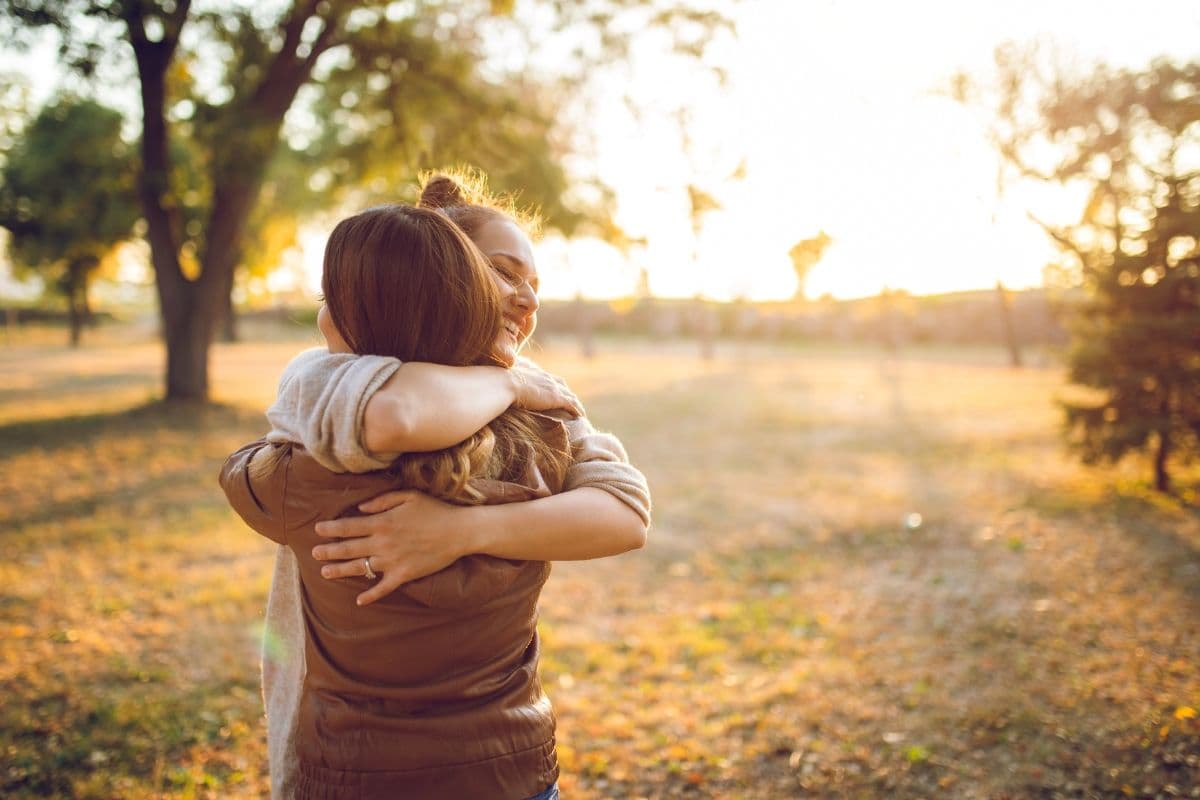
9. Try to be kind even to people who annoy you
A quarrelsome neighbor, an unpleasant colleague or a lady at the office who kills us with her eyes. Try to be kind to them too. It takes a lot of determination, but kindness is contagious, so you might eventually awaken it in them too.
How to do it? It helps to change your inner monologue. Instead of “He’s such an idiot”, try saying: “I don’t know what he’s going through. Maybe he had a fight at home, got fired from his job or his dog died.”
Examples of good deeds you can try right now
Come and try to do something nice today. We have a few tips for you that you can take as a challenge: how about doing one good deed every day?
- Smile at 3 strangers you meet today.
- Write a nice message or letter to someone close to you. Just like that.
- Reach out to an old friend you haven't seen in a while.
- Write a positive review of a favorite coffee shop or small business.
- Compliment 3 people.
- Buy a flower or chocolate for someone close to you.
- Offer to help with a chore or task.
- Donate a few dollars to your favorite organization, like a shelter or children's home.
- Surprise someone close to you with a visit if you know they'd be happy to do so.
- Donate clothes or food to a nonprofit.
Don't forget to be kind to yourself. How to learn to love yourself?
Being kind to yourself is a fundamental pillar of a happy and fulfilling life. Not only will you feel calmer, open up to healthier relationships, and start fulfilling your dreams, but you'll also be better able to receive and give kindness.
Try to explore methods to truly love yourself.
Self-love will help you with one more important thing – setting your own boundaries. The line between kindness and unhealthy people-pleasing can be quite thin without self-love. How to recognize it?

Kindness vs. people-pleasing: How to stop being "too nice"?
Kindness is a beautiful quality. But it doesn’t mean you have to say YES when your energy and mental health are screaming NO. It doesn’t mean that other people’s needs take precedence over yours. No way, that’s not kindness. That’s people-pleasing, or the good girl/boy syndrome. Simply put, trying to please everyone at the expense of yourself.
Kindness and people-pleasing are two different things. You can still be kind, but be careful about your boundaries. If you set them politely and calmly, it won’t take away from your kindness – on the contrary, you’ll come across as likable and confident.
Read our psychotherapists' advice on how to overcome people-pleasing. And if you're struggling with self-confidence, our article on how to increase self-confidence and start believing in yourself will help.
Celebrate World Kindness Day on November 13th
When else to practice kindness than on Kindness Day, which falls on November 13th? Treat yourself to a little more kindness not only to others, but also to yourself.
Treat yourself to something nice, make yourself happy, do someone a good deed, call your friends. And try to think about it the other 364 days of the year!
Thinking about therapy?

My First Therapy: How to Prepare and What to Expect

What is psychotherapy? And who is it for?


